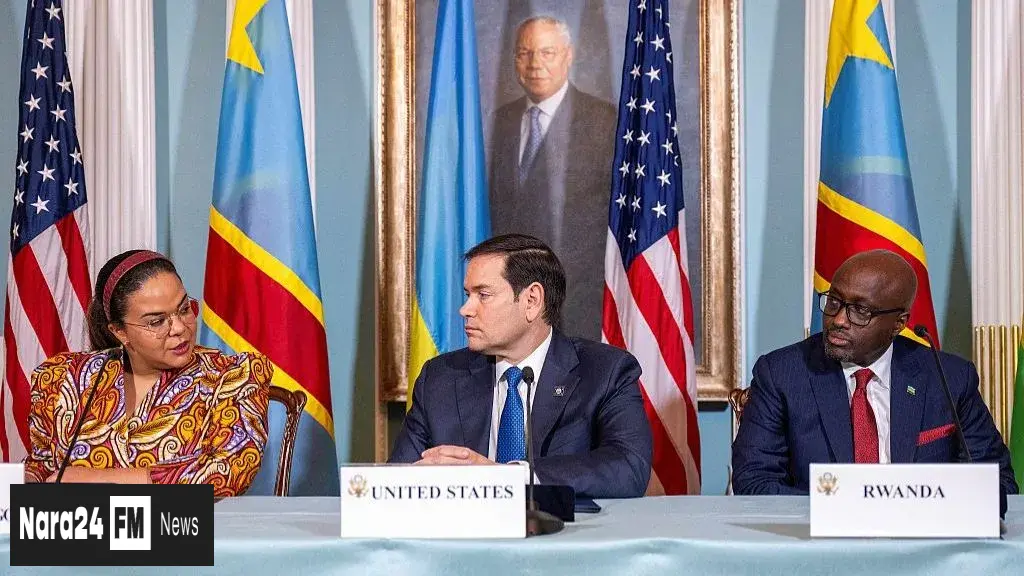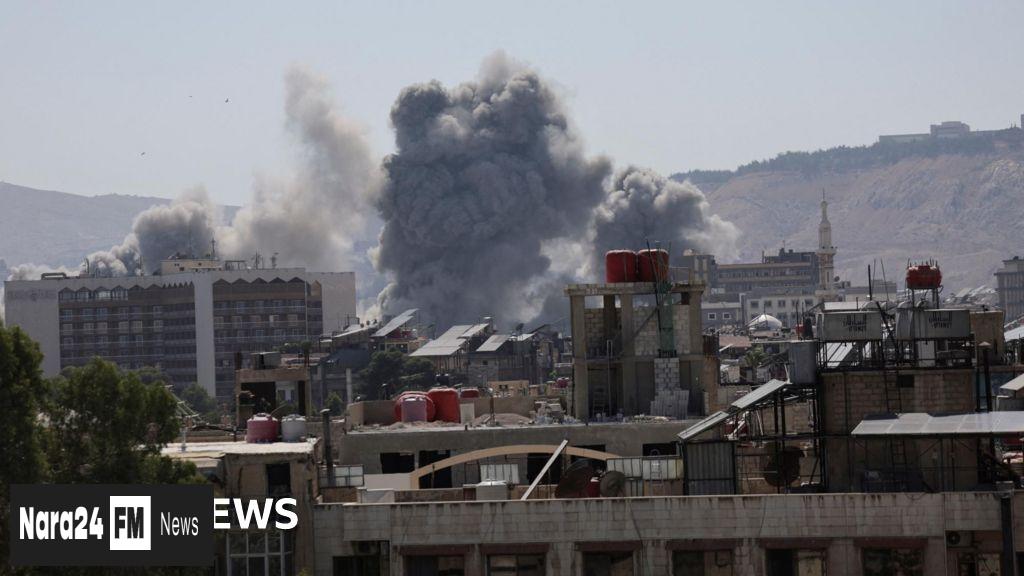In a significant diplomatic development, the Democratic Republic of Congo and Rwanda formalized a peace agreement in Washington D.C. aimed at resolving decades of violent conflict along their shared border. The pact mandates the disengagement, disarmament, and conditional integration of militant factions operating in eastern Congo.
The accord, signed by foreign ministers at the U.S. State Department, follows intensified clashes earlier this year when M23 rebels captured strategic territories including Goma and Bukavu, displacing hundreds of thousands and causing massive civilian casualties. While specifics remain confidential, Congolese President Félix Tshisekedi's administration hailed it as "the most important diplomatic success in over 30 years," with former U.S. President Donald Trump celebrating it as a global victory.
Contentious Provisions and Unresolved Tensions
The deal's ambiguity has sparked debate over critical issues:
- Rwandan military presence: DR Congo insists the agreement stipulates withdrawal of Rwandan troops (estimated at 7,000), terming it "disengagement." Rwanda's Foreign Minister Olivier Nduhungirehe countered that the text contains no withdrawal language.
- Rebel compliance: Questions persist regarding M23's retreat from occupied zones and weapons surrender.
- Refugee repatriation: Provisions for displaced persons' return lack clear mechanisms.
- FDLR neutralization: Rwanda conditions border security adjustments on dismantling this Hutu-led militia, which Congo denies supporting.
Resource Dimension and Diplomatic Complexities
The agreement coincides with reports of Congo offering access to critical minerals—including electronics-essential coltan—in exchange for U.S. security backing. This follows multiple failed mediation attempts, notably by Angola, which withdrew in March after both nations rejected prior troop withdrawal frameworks.
With the deal's full text undisclosed, implementation faces formidable hurdles, mirroring the collapse of a 2007 agreement that spawned the current M23 rebellion. As Rwandan officials warn against leaked drafts, the region awaits concrete action on disarmament and territorial integrity.








Comments (0)
Leave a Comment
Be the first to comment on this article!